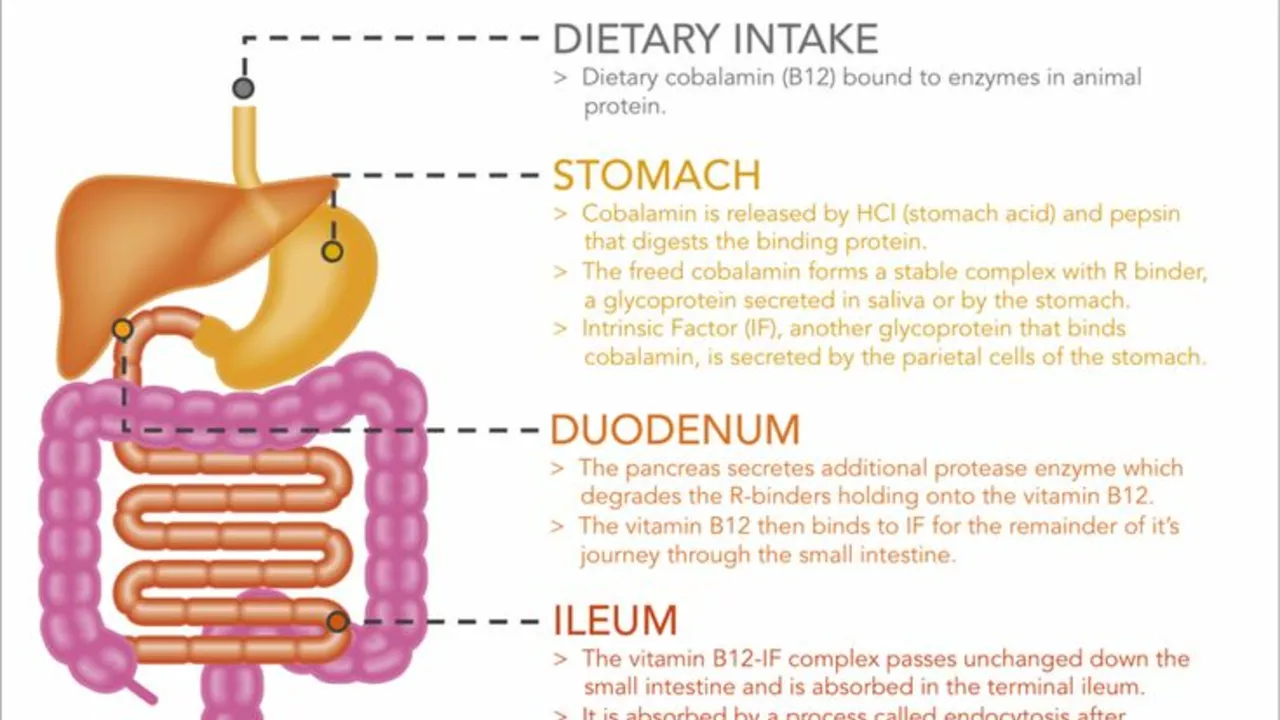Digestive Health: Simple, Practical Steps You Can Use Today
Got bloating, slow stools, or constant indigestion? Small changes often make the biggest difference. This page collects clear, everyday fixes plus when to try supplements or medicines. No medical fluff—just what helps people feel better fast.
Eat and move to help digestion
Start with what you eat. Add more soluble fiber first—oats, barley, apples, and psyllium powder help stool move without causing harsh gas. Insoluble fiber (whole wheat, bran) can help some people but may trigger bloating for others, so introduce it slowly.
Timing matters. Eat smaller meals more often instead of one huge plate. Chew slowly and stop eating when you feel about 80% full. Drink water throughout the day; aim for steady sips rather than gulping large amounts with meals. Walk for 10–20 minutes after eating; that gentle movement speeds digestion and often reduces bloating.
If thyroid issues are at play, timing your thyroid medicine correctly can fix constipation. Our article "How to Manage Constipation with Hypothyroidism and Hyperthyroidism" explains when to take meds, how fiber interacts with thyroid drugs, and simple timing tricks to avoid interference.
Supplements, meds, and quick fixes that work
Probiotics can help if you have irregular stools or bloating. Look for formulas with Lactobacillus and Bifidobacterium strains. Start with a lower dose and try for 4–8 weeks to see if symptoms improve. If you want a natural digestive boost, read "Artichoke Supplements: Transform Your Health with Science-Backed Benefits"—artichoke extract often eases indigestion and supports bile flow.
For nausea tied to motion or vertigo, Meclizine can calm symptoms fast—see our "Meclizine: Uses, Benefits, Side Effects" post. For mild constipation, fiber and hydration are first-line. If that fails, short-term osmotic laxatives (like polyethylene glycol) or stool softeners can help but talk to your doctor about long-term use.
Natural remedies often help: ginger for nausea, peppermint tea after meals for mild indigestion, and small amounts of apple cider vinegar before a meal for some people who have slow digestion. Try one change at a time so you know what actually helps.
When medication is needed, make sure your provider knows everything you take. Supplements can interact with prescriptions. For example, certain herbs or high-fiber supplements may affect drug absorption. Our site has guides to common meds and interactions—search the article titles if you need specifics.
Know when to seek help. Call a doctor if you have unexplained weight loss, blood in stool, intense abdominal pain, persistent vomiting, or sudden changes in bowel habits. These signs need prompt evaluation and sometimes tests.
Want targeted tips? Read our related posts on constipation with thyroid disease, artichoke supplements for digestion, and natural motion-sickness remedies. Try simple diet and timing fixes first, then layer in proven supplements or short-term meds if needed. Small, steady changes usually beat big, quick fixes.
How Peppermint Oil Relieves an Upset Stomach: Benefits, Uses & Tips
Discover how peppermint oil soothes an upset stomach, the science behind its antispasmodic action, safe dosage tips, and how it stacks up against other natural remedies.
View moreThe Relationship Between Tympanites and Constipation
In my recent exploration into health issues, I've delved into the connection between tympanites and constipation. Tympanites, commonly known as abdominal bloating, often appears hand in hand with constipation. The reason is that when constipation occurs, it can lead to an accumulation of gas in our intestines, causing that uncomfortable bloating feeling. However, it's a two-way street as persistent bloating can also lead to constipation. It's a complex relationship that highlights the importance of a healthy, well-functioning digestive system.
View more

